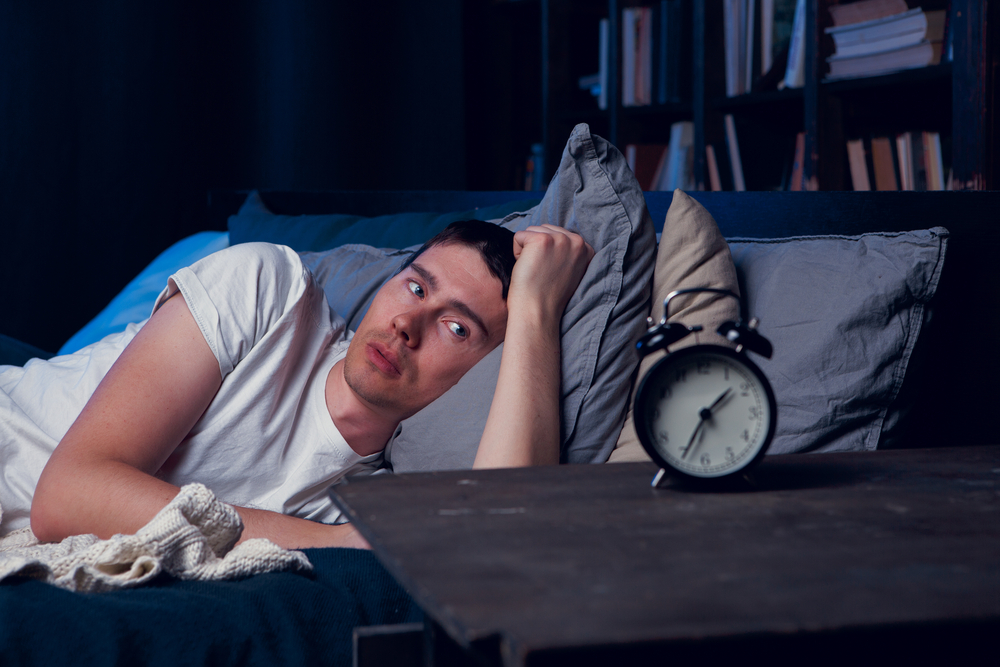By Melissa Blake, ND
Most likely, you can relate to the immediate impact of a sleepless night. Even a little less sleep may contribute to changes in mood, energy, learning, and appetite.1-3 The long-term consequences of sleep disruptions may be even more serious.4
Thankfully, a glass of wine or whiskey on the rocks is a great way to relax and promote sleep. After all, that’s why it’s called a nightcap. Right?
Well, it turns out that alcohol may not be the magic sleep aid we pretend it is, and it may do more harm than good. To understand alcohol’s impact, let’s first talk about rhythms.
Master biological clock
Our bodies have an amazing natural ability of keeping to a daily schedule via an internal 24-hour master clock.5 This clock contributes to the patterns, also known as circadian rhythms, of many biological activities including sleep-wake cycles, eating patterns, and body temperature regulation.5
Many of the things that we associate with a healthy lifestyle may positively impact circadian health. The same goes for the things we know aren’t good for us—including alcohol: Generally they disrupt our circadian rhythms.6
One way alcohol can disrupt our natural sleep-wake rhythm is by suppressing melatonin, our natural sleep hormone. Research suggests moderate alcohol intake can reduce melatonin by 20%.7
Disruptions to this rhythm can impact health in many ways,


